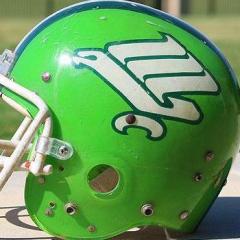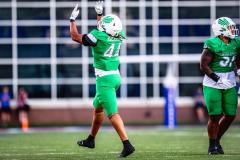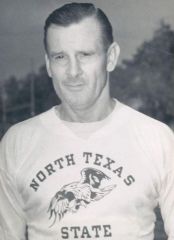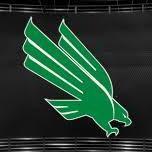What donor fatigue means as NIL enters its third year of impacting college sports
-
Similar Content
-
- 9 replies
- 1,298 views
-
- 32 replies
- 2,950 views
-
- 2 replies
- 524 views
-
-
Who's Online 0 Members, 0 Anonymous, 258 Guests (See full list)
- There are no registered users currently online
-
Images






















Recommended Posts
Join the conversation
You can post now and register later. If you have an account, sign in now to post with your account.
Note: Your post will require moderator approval before it will be visible.